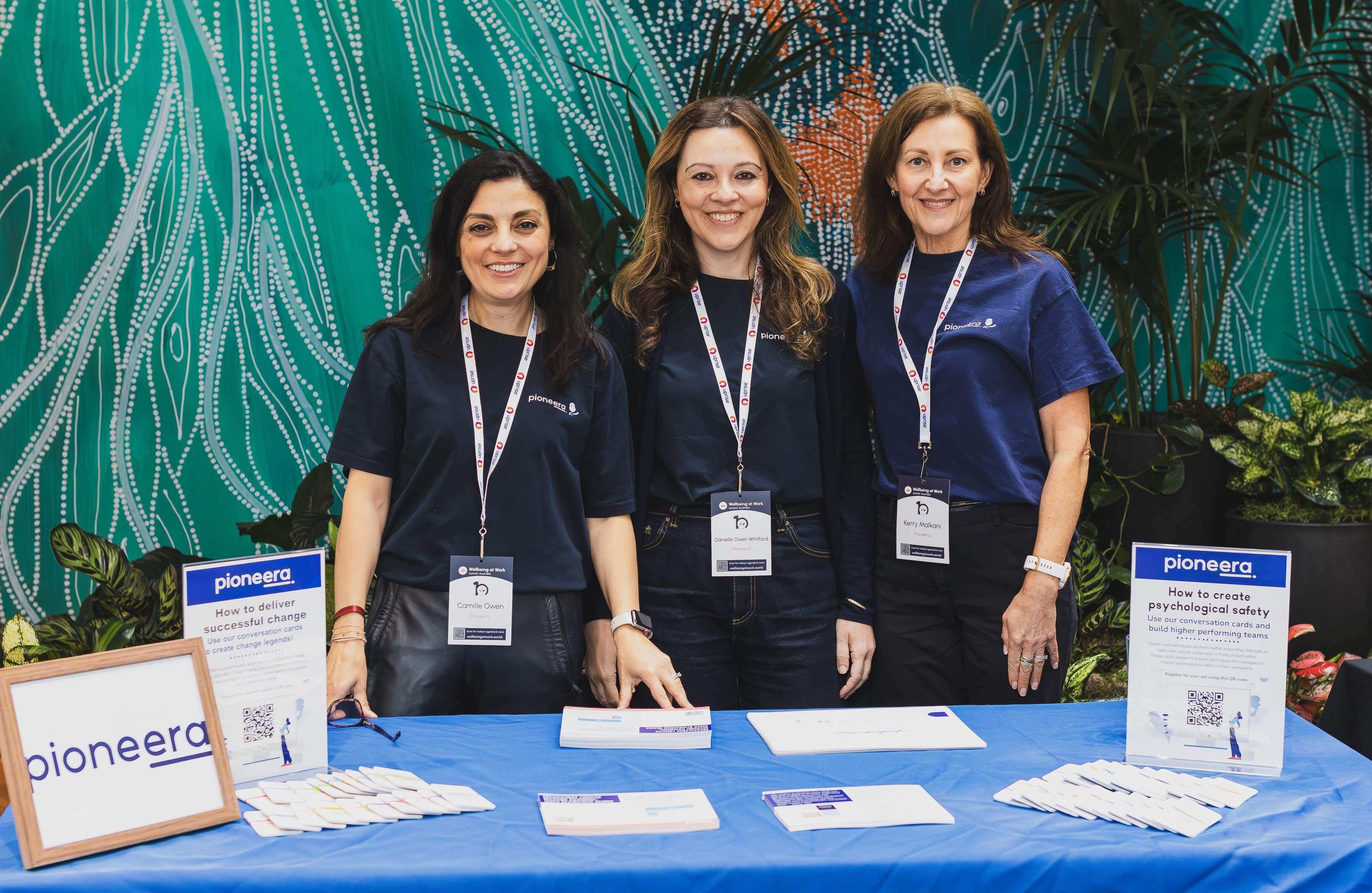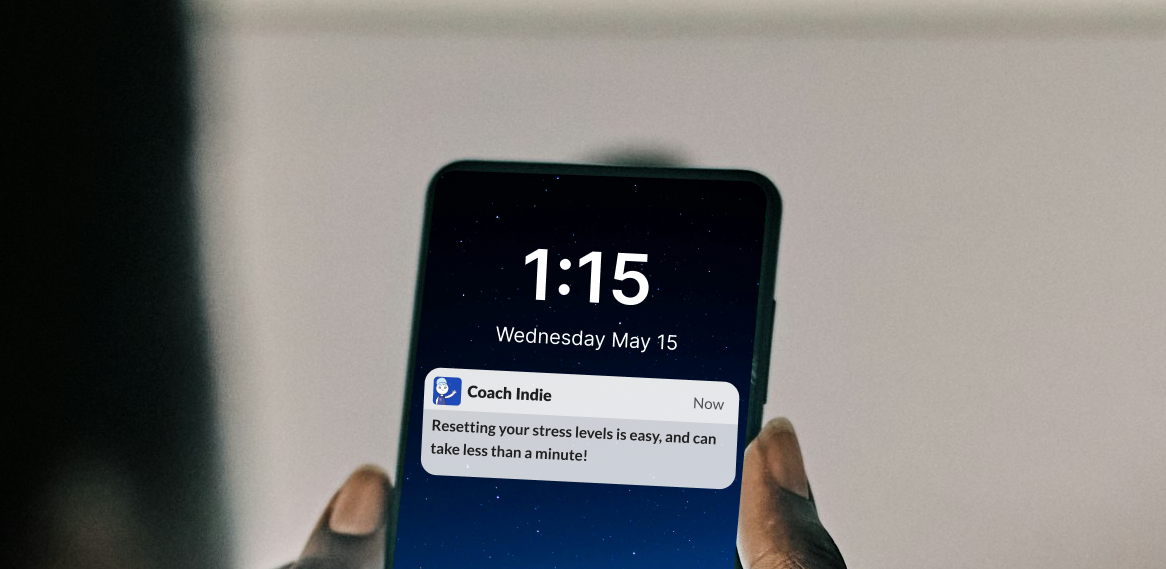Strengths are those things you’re good at, enjoy doing and usually come easily to you.
They’re the moments that you find yourself looking forward to, which completely absorb you, and leave you feeling more confident, energized, and satisfied.
Strengths are your neurological superpowers.
A strength is a strength because it represents the way your brain is wired to perform at its best. Over time, you’ve spent so much time practicing these particular thoughts, feelings, and behaviors that you’ve built up neural pathways in your brain that make it easy, effective, and enjoyable to show up in these ways (Buckingham & Clifton, 2001).
As a result, studies have found that people who regularly use their strengths experience more confidence and less stress, enjoy more energy and are happier, and are more creative, engaged, and satisfied (McQuaid & Lawn, 2014).
Your strengths include your:
-
Interests – Your natural urges take the form of interests in certain topics and activities that you’re passionate about and driven to pursue. These interests are what we enjoy doing and ultimately determine where our attention goes and energy flows.
-
Resources – Your mental, physical, emotional, social, spiritual, and financial aids that contribute to you being at your best.
-
Skills – Your skills are talents that you develop with practice, such as computer skills or presentation skills.
-
Talents – Strengths that are innate and have a strong biological loading, e.g. spatial reasoning, musical ability, interpersonal ability, and so on.
Discover your strengths
There are many different lenses and measures through which we can assess and identify our strengths. A lot of the time they live in the stories we tell, in those moments where we felt truly energised, alive, capable, or like we were contributing in our own unique way.
Want to take a more concrete, evidence-informed approach? Why not discover your unique list of ‘character strengths’; your positive personality traits that lead to benefits for yourself and others, e.g. gratitude, perseverance, hope, and creativity. You can discover your character strengths with the free ten-minute survey at www.viacharacter.org
Created by a team of leading scientists who scoured the world for ways to identify, measure, and develop what is “good” in people, the VIA Survey identifies your character strengths. These positive personality traits reflect what is good (moral), practical (valued outcomes) and authentic (existential) about you (Peterson & Seligman, 2004).
What do my results mean?
More important than your actual results is how you feel about your results.
Most people tend to have one of three responses:
-
“Yes, that’s me!" - If this is your response, the challenge becomes finding ways to use these strengths at work consistently.
-
"Why is that strength down there?” - If this is your response, the challenge becomes finding ways to put more energy into the strengths you value but haven’t been using lately.
-
"That doesn’t look anything like me.” - If this is your response, then share your results with people who know you well. Ask them what they think your strengths are and trust their guidance and your own experiences to prioritize the strengths you want to develop.
In the past, researchers have found that focusing on your top five strengths can be particularly beneficial.
It's thought that you'll find these strengths the most energizing and engaging because they feel like you are at your best.
Some studies suggest they are particularly important for people feeling low in meaning and purpose at work (Niemiec, 2013) and can help you connect more with your work and your workplace. Connection can help improve wellbeing and prevent burnout.
New research also suggests that taking a more balanced approach to your strengths may help you adapt better to the demands of different situations, so you can use a variety of strengths when you need to.
For example, your middle strengths, usually number six to nineteen, can be great to draw upon in different situations or build up capacities you want to cultivate over time.
Discovering your strengths is just the beginning. Now it’s about putting them to use in your daily life to help you thrive at work and reduce stress and burnout. Perhaps you could start by creating a Tiny Strengths Habit?
Indie helps you identify and build your strengths, sending you tips right when you need them to make the most of your day and thrive at work.






